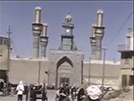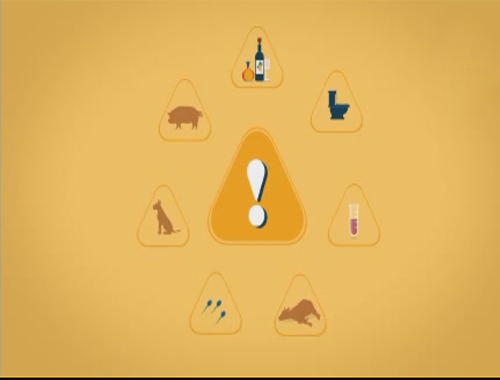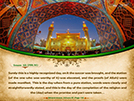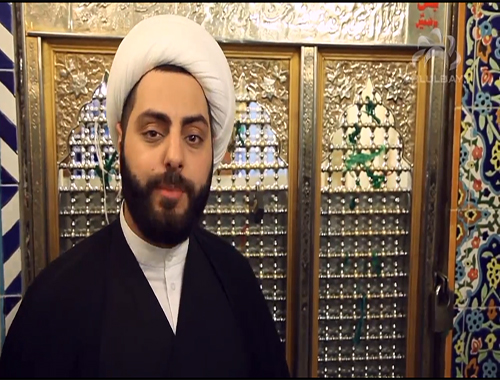4. Conditions & Levels of Amr & Nahi
- Details
- Hits: 2578
4. Conditions & Levels of Amr & Nahi
The issue of amr bi ’l-ma‘rÅ«f and nahi ‘ani ’l-munkar, depending on the circumstance, can take different forms: it can become wÄjib or sunnat. Even the means of amr and nahi depends on the circumstances of the issue and the person involved.
The person who wants to do amr and nahi should observe the following conditions:
1.You must be familiar with the Islamic view on that issue in order to properly define “good” and “evil” before encouraging others to do good or forbid them from evil.
2. In each given case, you must weigh the possibility of the influence of your advice. If you are sure or there seems to be a great probability that your words will have no effect on the other person, then it is not necessary to do amr or nahi.
3. You must also evaluate the state of the person whom you want to advise. Is he insisting or repeating the evil deeds or was it just a one time slip on his part? If you discern or come to know that he is not going to repeat the sin, then you do not have to do amr or nahi.
4. You must also evaluate the overall situation to make sure that your action of amr or nahi would not lead to a worse situation than what exists at present.
Even when you have decided that you should do amr or nahi, you will have to look at the different level of doing amr bi 'l-ma‘rÅ«f and nahi ‘ani 'l-munkar. In all, there are three levels of amr and nahi:
1. By indirect action: By indirectly expressing your dislike of the other person's wrongful behaviour. For example, by not greeting him or greeting him without the previous warmth, or by ignoring him: with the hope that this might lead the person to think about change in your attitude towards him, and hopefully guide him to the right direction.
2. Verbally: If the first method does not work, then talk to the person. Whether you should talk politely and friendly, or harshly depends on the situation.
3. By direct action: This is only applicable to those who have authority over others: parents, teachers and Islamic government. If preventing the evil depends on physical action, then it must be thought out very carefully. The example mentioned in 49:9 is of this level of amr and nahi.
* * *
This lesson has been written by Sayyid M. Rizvi.











